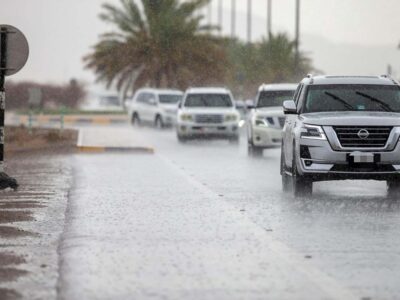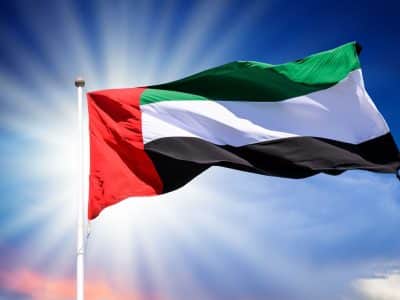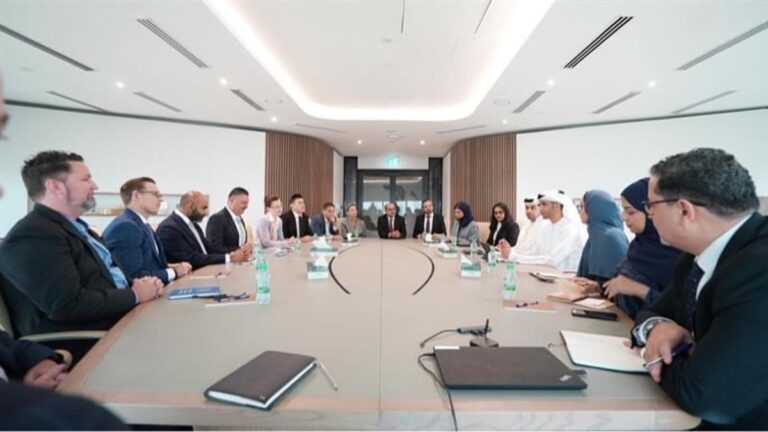The UAE and Australia are on track to significantly expand trade relations, with the UAE-Australia Comprehensive Economic Partnership Agreement (CEPA) expected to boost bilateral trade to $10bn by 2032, according to Dr. Thani bin Ahmed Al Zeyoudi, Minister of State for Foreign Trade.
During a meeting with Australian officials, Dr. Al Zeyoudi highlighted that the United Arab Emirates’ non-oil foreign trade with Australia exceeded $4.2bn in 2024.
In the first half of 2025, the figure reached $3.03bn, reflecting a 33.4 per cent year-on-year increase.
UAE-Australia trade
Dr. Al Zeyoudi said: “The UAE is Australia’s leading trade and investment partner in the Middle East and its 20th largest partner globally. Today’s discussions focused on how our private sectors can build on our strong ties to fully leverage the CEPA and further enhance bilateral trade and investment.
“When the CEPA comes into force, we aim to create a range of opportunities for our respective businesses, investors, and entrepreneurs.
“By removing or reducing tariffs, lifting barriers to trade, and enhancing market access, we have the potential to boost our trade threefold – from $4.2bn in 2024 to $10bn by 2032.”
The agreement, Australia’s first with a country in the Middle East and North Africa, is a key addition to the UAE’s foreign trade strategy, which targets $1.1tn in total non-oil trade by 2031.
Currently, more than 300 Australian businesses operate in the United Arab Emirates across sectors including construction, financial services, agriculture, and education. Australia exports alumina, coal, steel, meat, dairy, and seafood to the UAE.
The United Arab Emirates has also signed an investment protection agreement and five memorandums of understanding to accelerate capital flow into renewable energy, infrastructure, AI, mining, and agriculture.
The UAE’s CEPA programme spans the Middle East, Africa, Southeast Asia, South America, and Eastern Europe, covering nearly a quarter of the world’s population. The United Arab Emirates-Australia CEPA is currently in the ratification phase.






